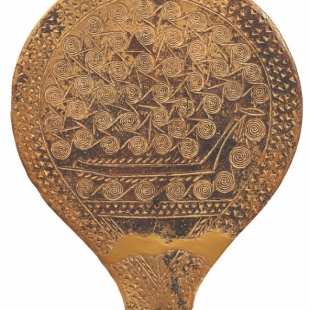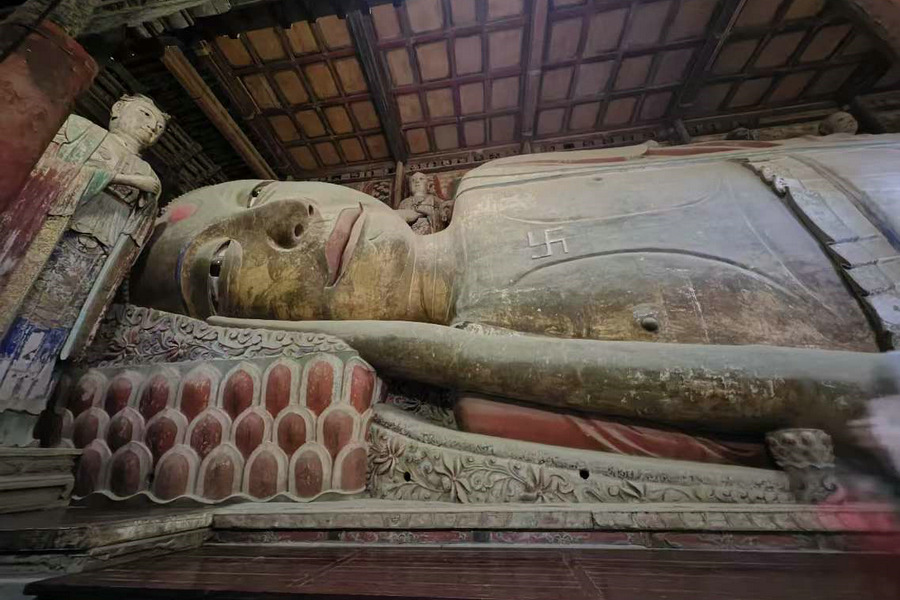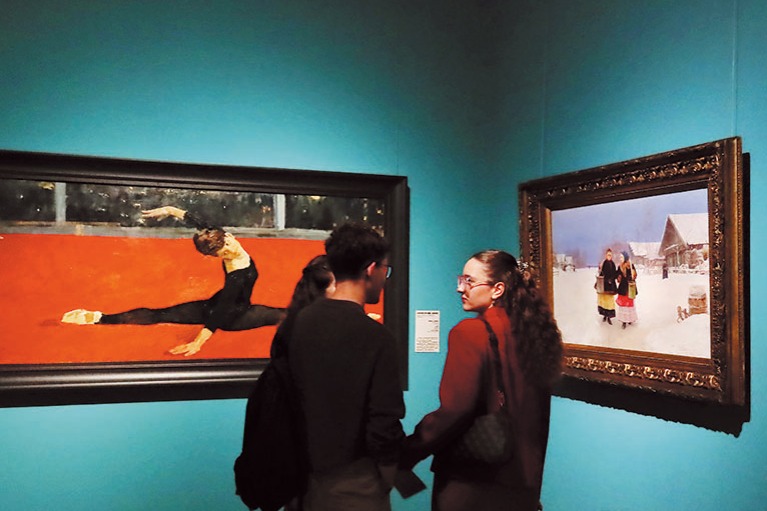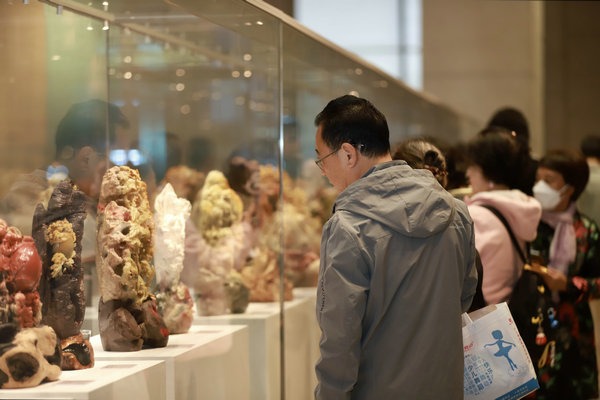Two great civilizations share a cup of knowledge


That death, which some equated with the end of ancient Greek civilization, heralded in another historical period known as the Hellenistic Period (323-31 BC). Marked by Rome's rise to prominence, this period saw the continued spread of Greek cultural influence throughout the eastern Mediterranean and the Near East. Some scholars even suggested that this period may have witnessed the earliest interactions between the civilizations of ancient Greece and China, as Alexander's expansion into Central Asia brought the influence of Greek culture closer to the outer frontiers of China's powerful Western Han Dynasty (206 BC-AD 24).
Julius Caesar (100-44 BC), the legendary Roman general, was believed to have once turned up at a theater draped in resplendent Chinese silk, causing an outcry from the senate whose members had arguably sought to ban silk importation from China in an effort to prevent the outflow of gold. That was about eight decades after the initial opening of the ancient Silk Road, by the legendary Chinese emissary-explorer Zhang Qian between 139 BC and 126 BC.
That story was never substantiated, but a popular Latin saying of the time went: Seres, a fortunatissimis sinibus. Seres refers to the people of Serica, an ancient term often associated with China or other silk-producing Asian regions. The phrase effectively translates into "The Seres, from the most fortunate and prosperous shores".




































